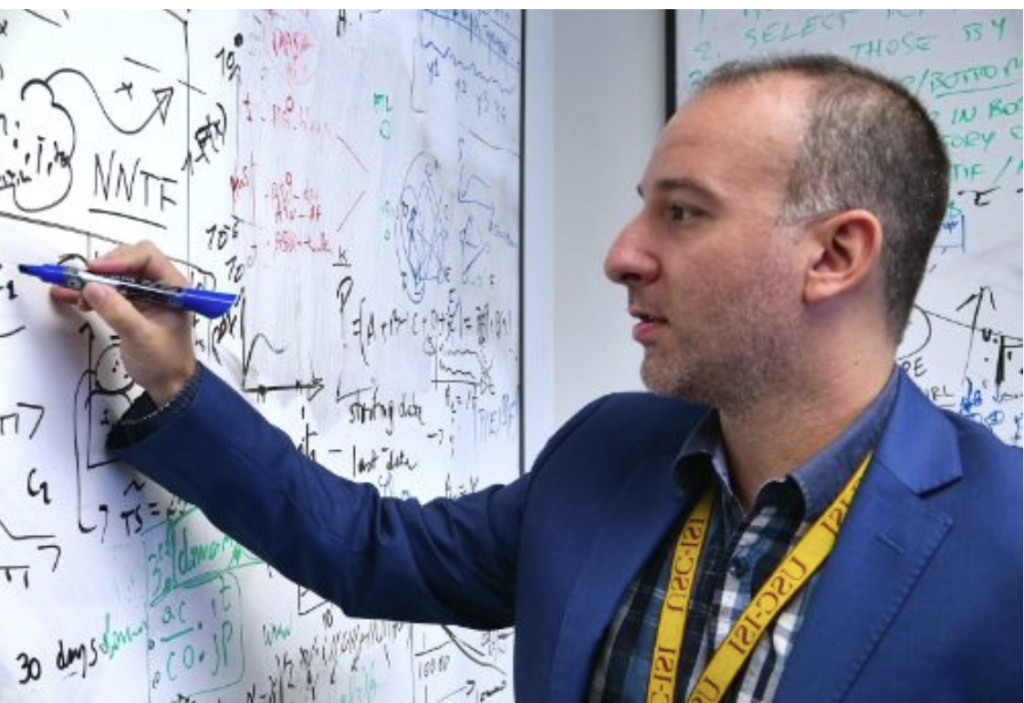
🔬 Research Summary by Emilio Ferrara, a professor at the Thomas Lord Department of Computer Science of the University of Southern California.
[Original paper by Emilio Ferrara]
Overview: This paper delves into the dual nature of Generative Artificial Intelligence (GenAI) and Large Language Models (LLMs), highlighting their potential for both groundbreaking advancements and malicious misuse. By examining various applications, the viewpoint underscores these technologies’ ethical and societal challenges, emphasizing the need for responsible deployment.
Introduction
In 2019, a UK-based energy company was deceived by a synthetic voice impersonating the parent firm’s CEO, requesting a money transfer, leading to a significant financial loss. This incident, while alarming, is a mere glimpse into the vast implications of GenAI and LLMs. My research aims to explore the myriad ways in which these technologies can be harnessed for both beneficial and nefarious purposes. Through a deep dive into various applications, the paper seeks to answer the following questions: How can GenAI and LLMs reshape society, and what are the potential risks associated with their misuse?
Key Insights
GenAI’s Transformative Potential
Generative AI has shown promise across various sectors, from restoring historical artifacts to enhancing personalized content generation. Its ability to generate content, simulate voices, and even recreate experiences has opened up a plethora of opportunities, promising innovations that could redefine industries.
The Dark Side of GenAI
However, the same capabilities that make GenAI revolutionary also make it susceptible to misuse. My research highlights concerns related to targeted surveillance, where enhanced capabilities can lead to invasive monitoring. While essential for removing harmful content, content moderation can be weaponized for extreme censorship. Adversarial attacks, powered by GenAI, can deceive even experts, leading to potential security breaches. Furthermore, the ability to manipulate public sentiment can have cascading effects on socio-technical systems, from influencing stock markets to swaying election outcomes.
Planetary Implications
The paper emphasizes the planetary implications of GenAI, especially when deployed at scale. Its influence extends beyond technological advancements, impacting socio-technical systems, including the economy, democracy, and infrastructure.
Between the lines
The findings of this research are both enlightening and alarming. While GenAI and LLMs hold immense potential, their unchecked proliferation can lead to unprecedented challenges. The paper serves as a timely reminder of the ethical considerations that must accompany technological advancements. One gap in the research is the exploration of potential mitigation strategies to address the highlighted concerns. Future research could delve deeper into developing robust defense mechanisms and ethical guidelines to ensure the responsible deployment of GenAI and LLMs.
